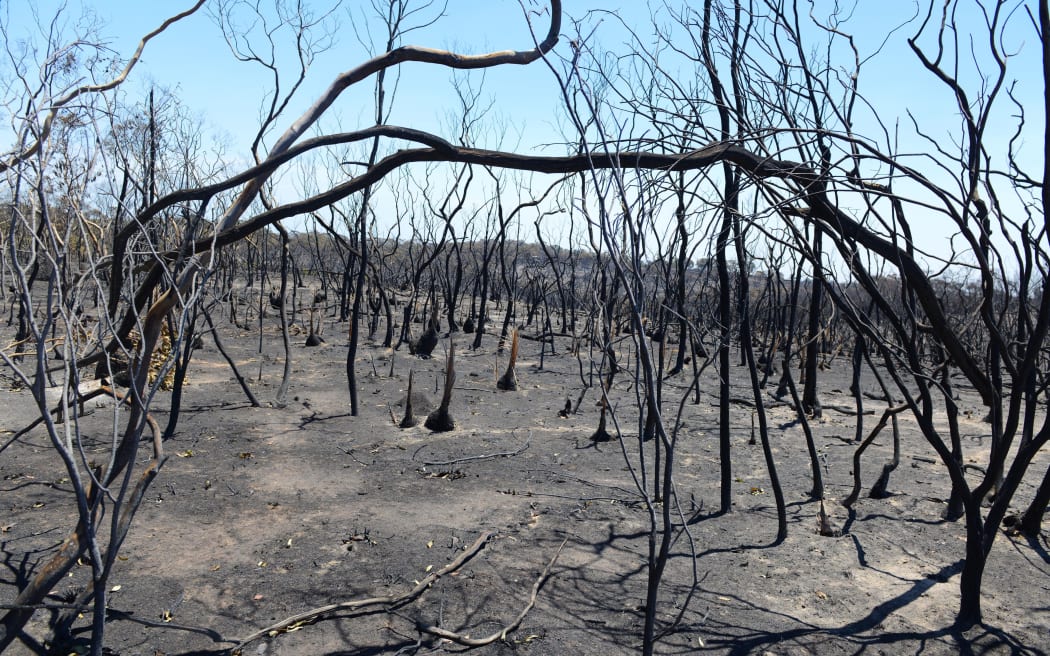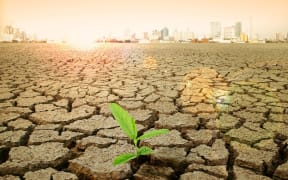A new report by the Climate Council of Australia says it would have been "virtually impossible" for 2013 to be the hottest year in the country's record without man-made emissions in the atmosphere.
The group used new modelling to look at the odds of extreme heat events occurring, with and without man-made emissions, the ABC reports.
A computer simulation of the atmosphere showed that climate change tripled the odds that the heatwaves of 2012/2013 would occur as frequently as they did and doubled the odds that they would be intense as they were.

Australia's climate council says man-made climate change is to blame for the country's record temperatures in 2013. Photo: AFP
More than 123 temperature records were broken over that summer.
Professor Will Steffen said the record temperatures of 2013 were caused by man-made emissions.
"What were the odds of that happening without the human carbon pollution, and what were the odds with human carbon pollution? The answer is quite striking," he said.
"The answer is that year, 2013, being the hottest year in Australia ever, was virtually impossible without human emission of carbon dioxide into the atmosphere.
"That's conclusive evidence in my view that human driven emission of greenhouse gases were the primary cause of 2013 being the hottest year on record.
"In other words, it wouldn't have happened without them."
The report also looked at heatwaves in Australia and found they were becoming longer, hotter, and occurring more frequently.
Professor Steffen said it highlighted the importance of taking action to reduce emissions.
"If we don't get on top of this, what you consider an extreme heat event now would be a normal summer by the middle of the century," he said.
"By 2090 when my grandkids are around, that's going to be a cool summer.
"You don't want to live in that world."
The chief councillor at the Climate Council, Professor Tim Flannery, said the report allowed scientists to quantify the effect of human impact on extreme weather events.
"It gets down to the issue of responsibility," Professor Flannery said.
"Who or what is responsible for these extreme weather events that we've been seeing in Australia, particularly the heatwaves?
"This report tells us that we are responsible, that we need to reduce greenhouse gas emissions if we hope to have a better climate into the future."
In a statement, a spokesman for Environment Minister Greg Hunt said the report drew on research conducted and published by the Australian Government.
The statement said the Government believed clearly and categorically in the science, and was committed to achieving its carbon emission reduction targets.



